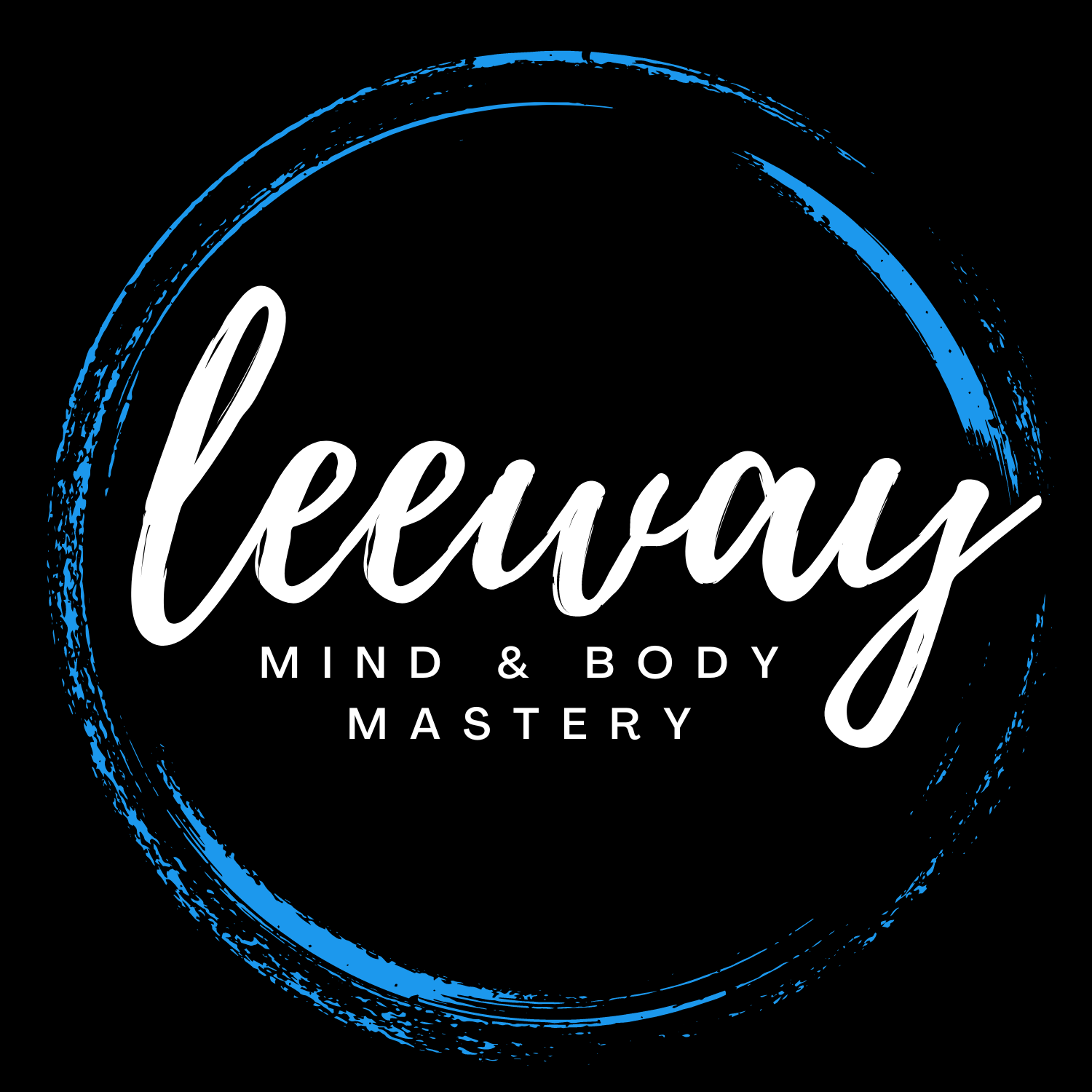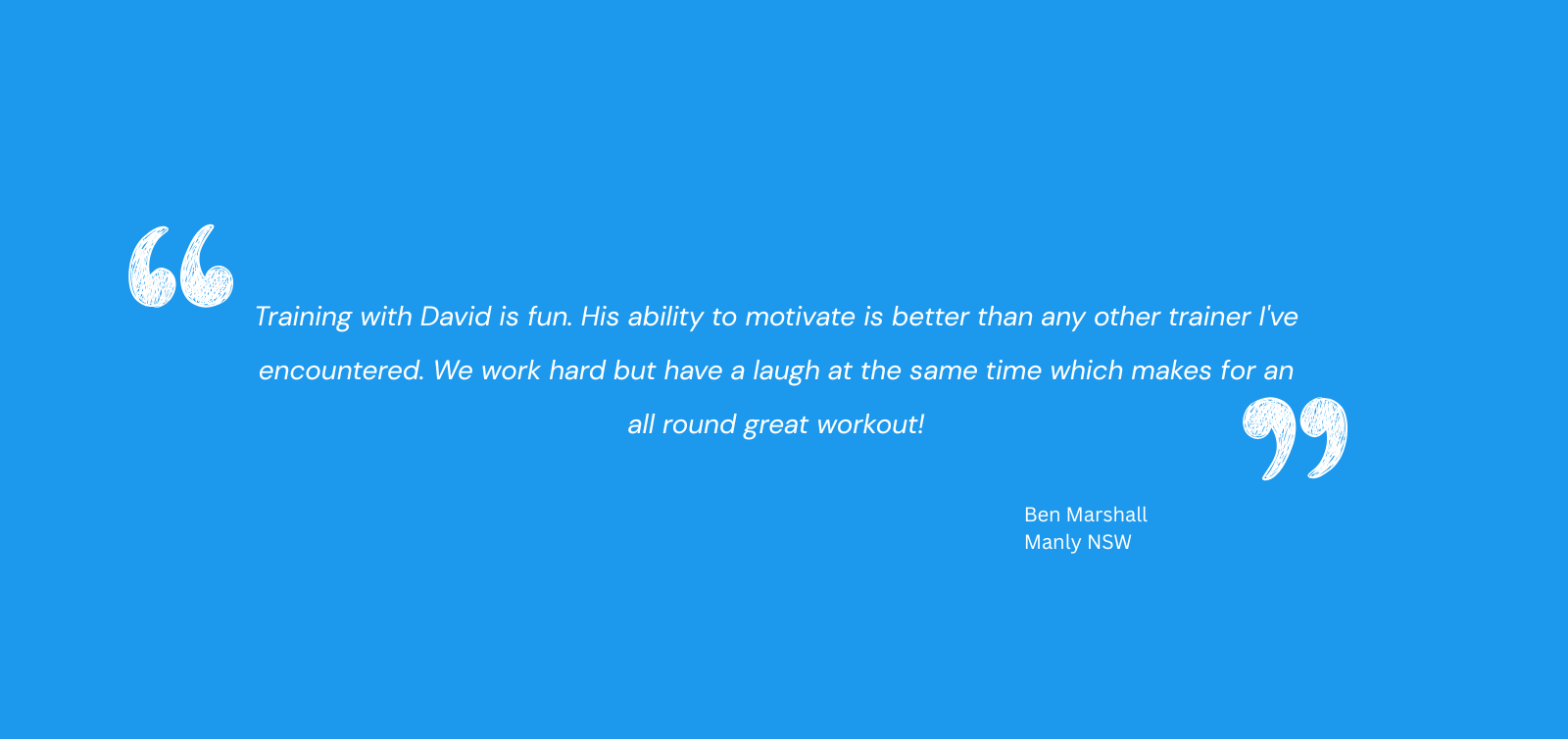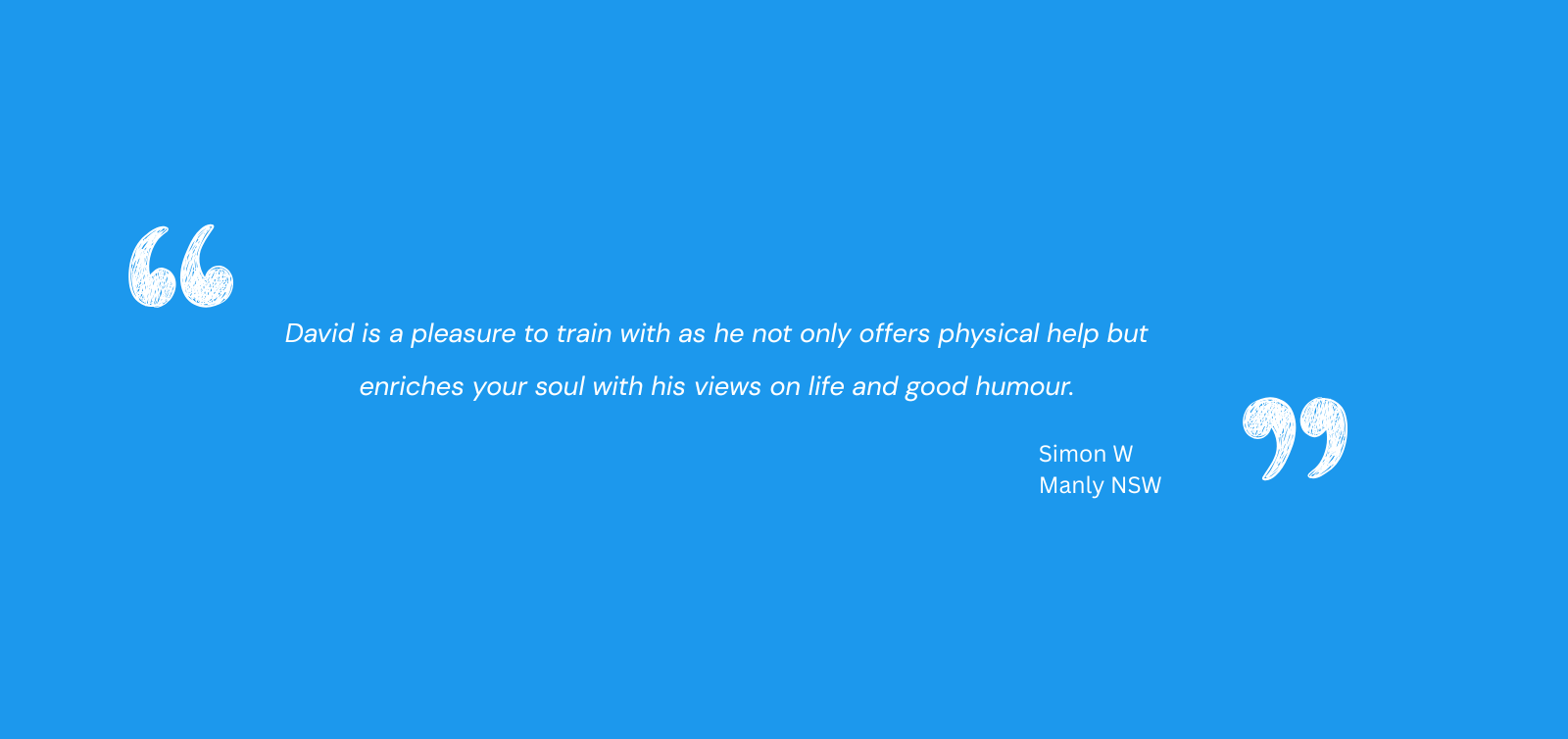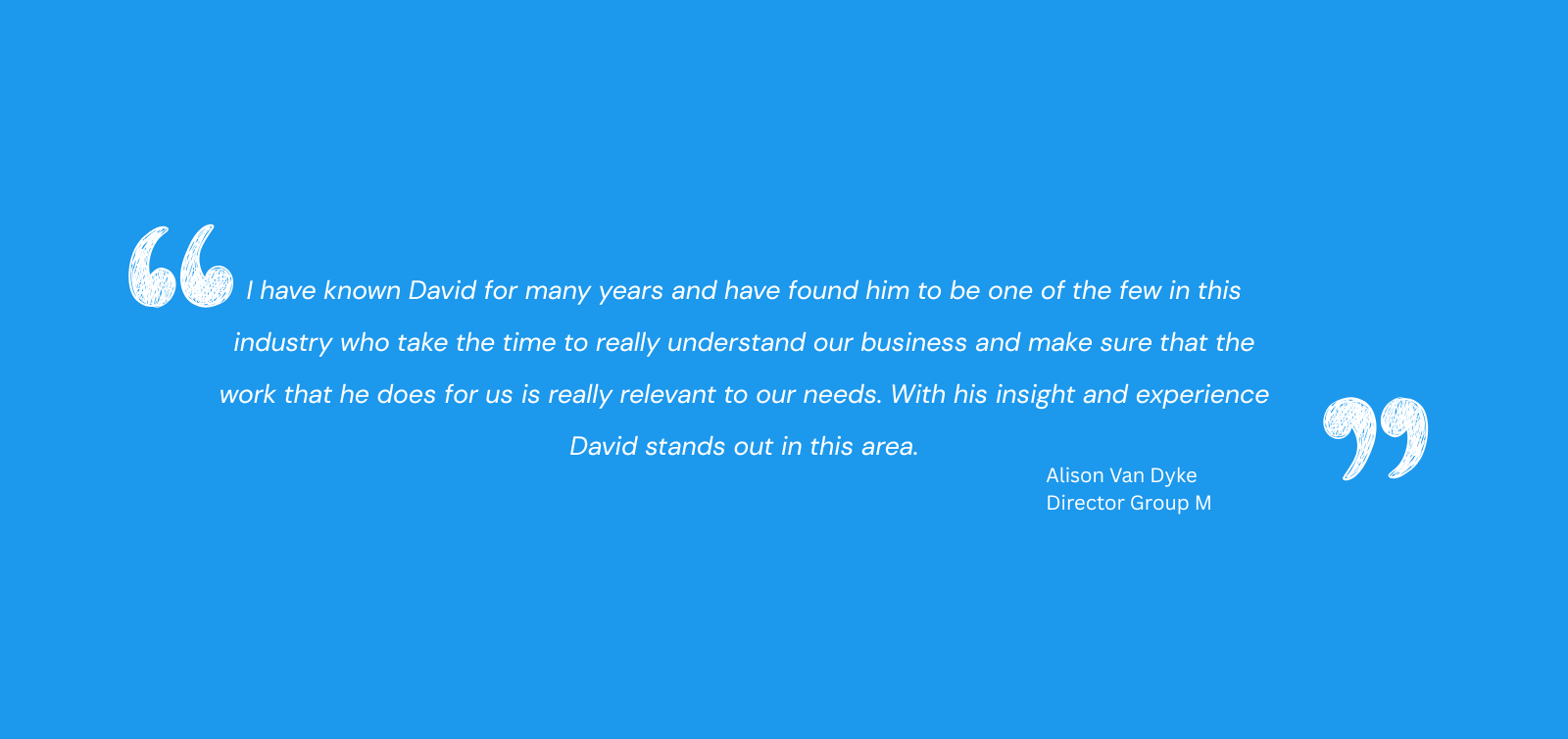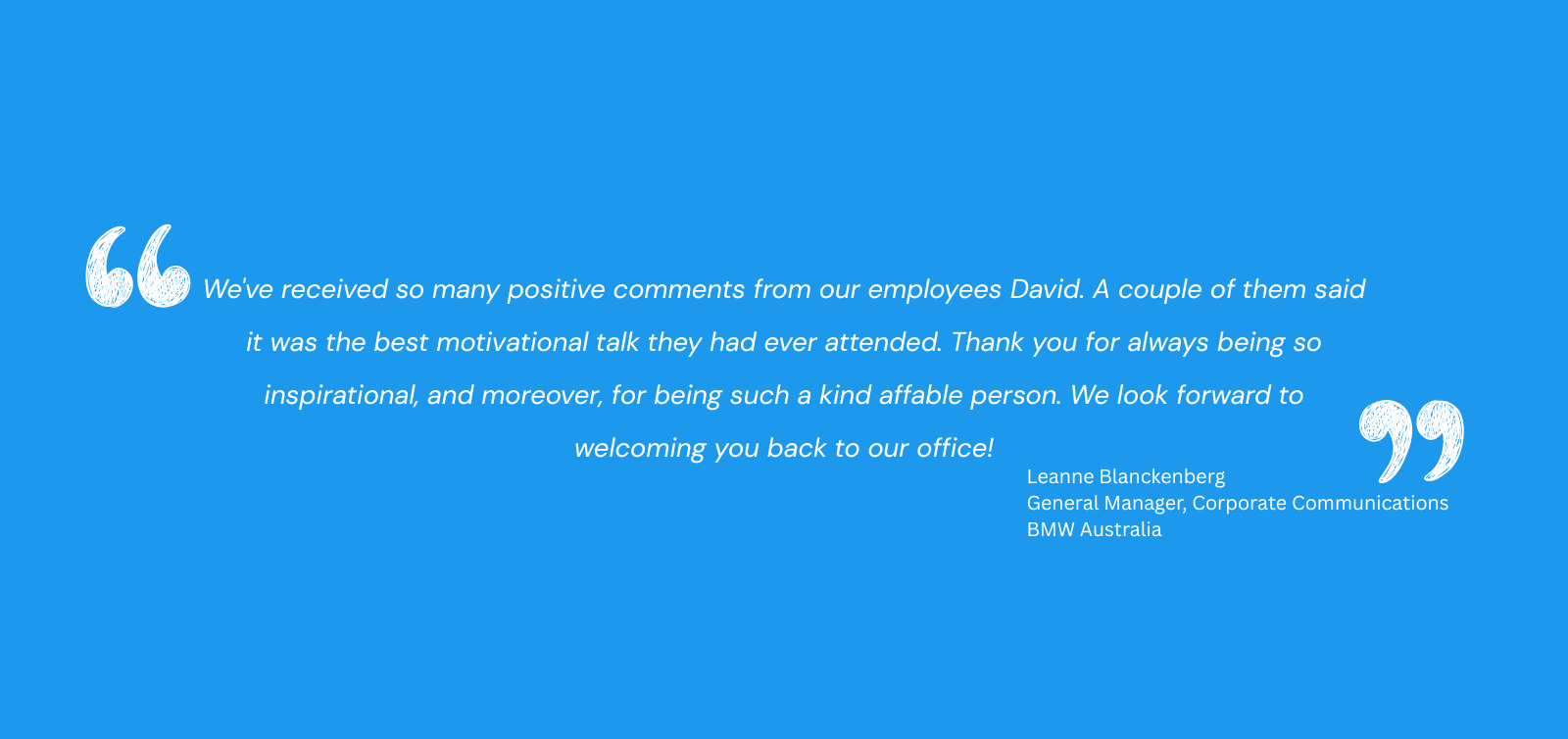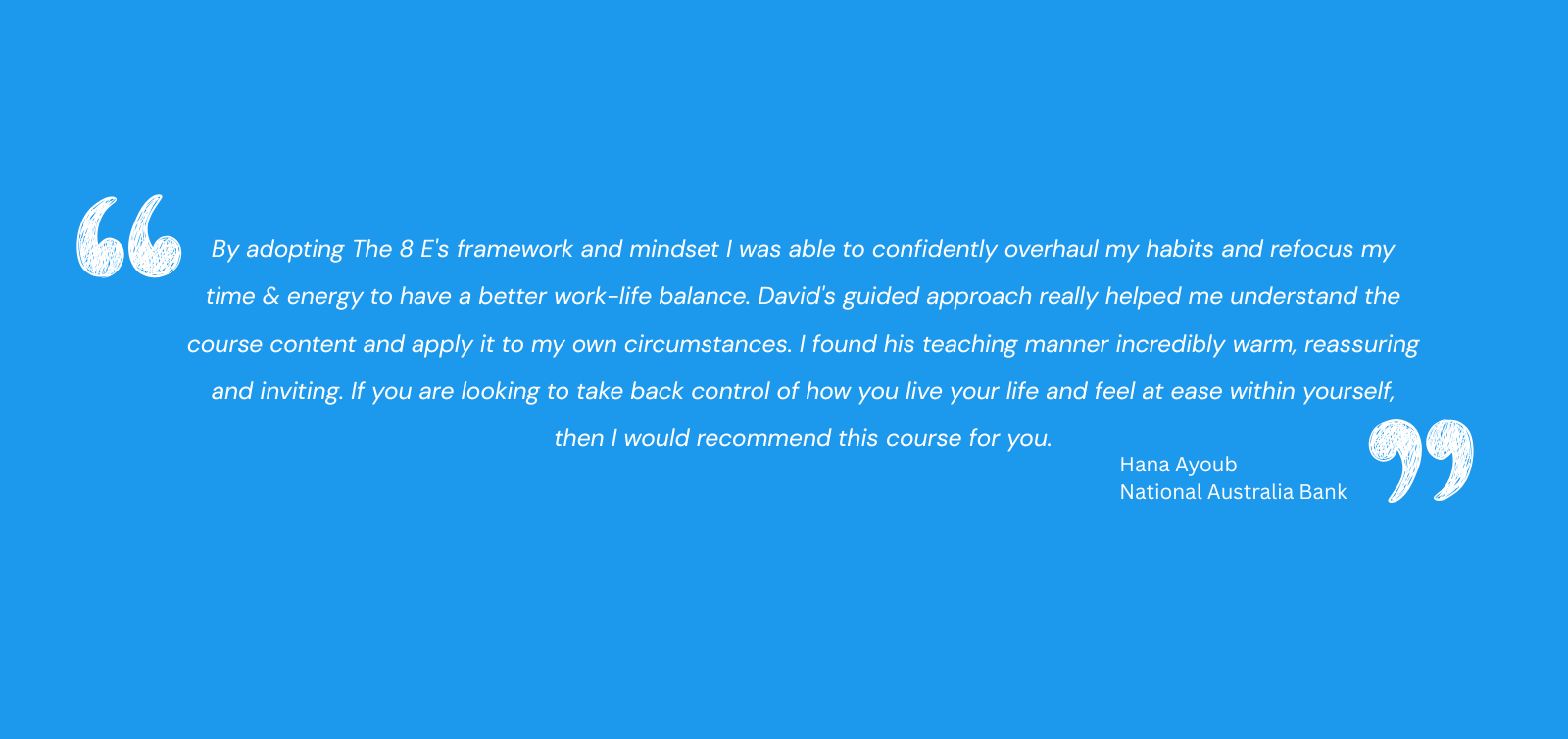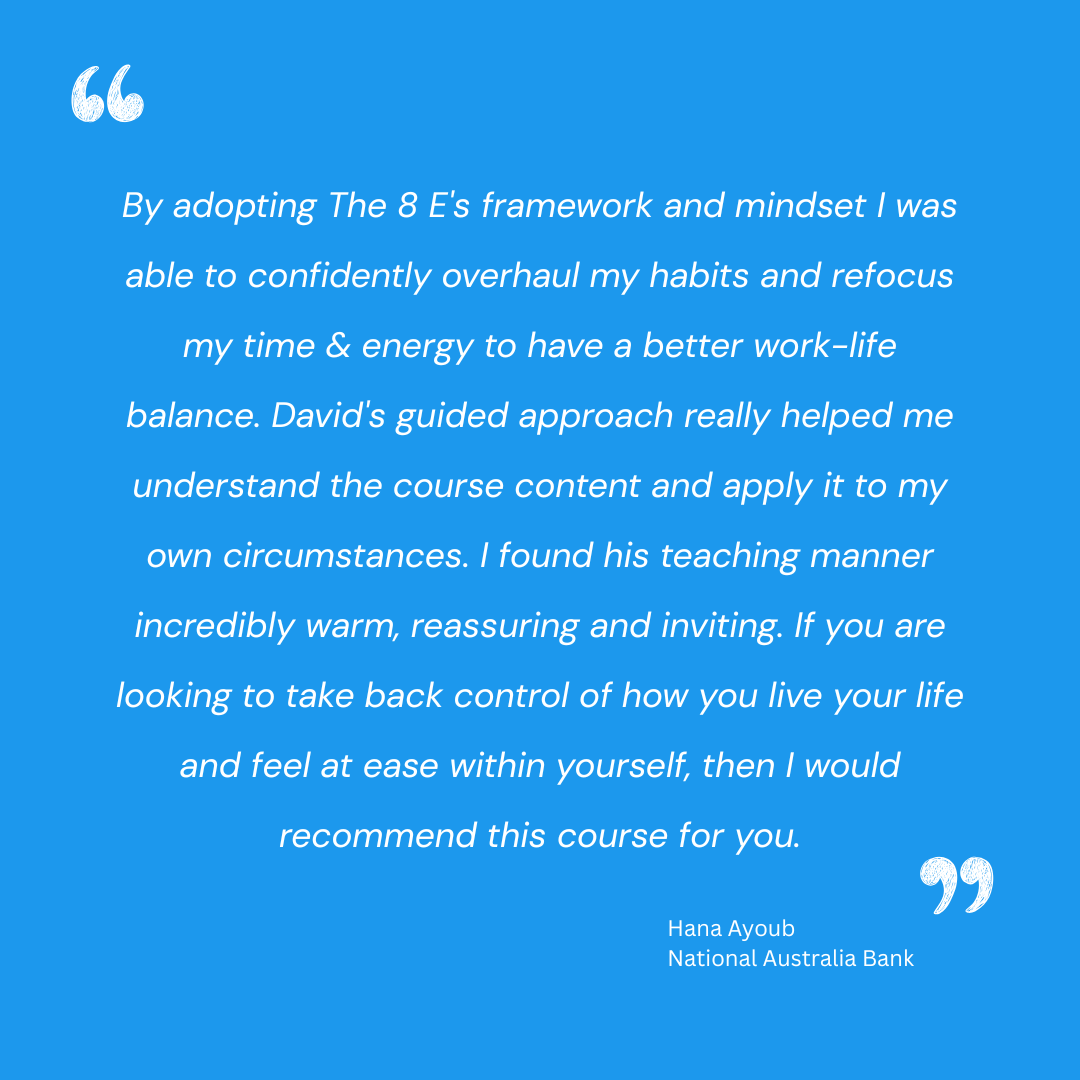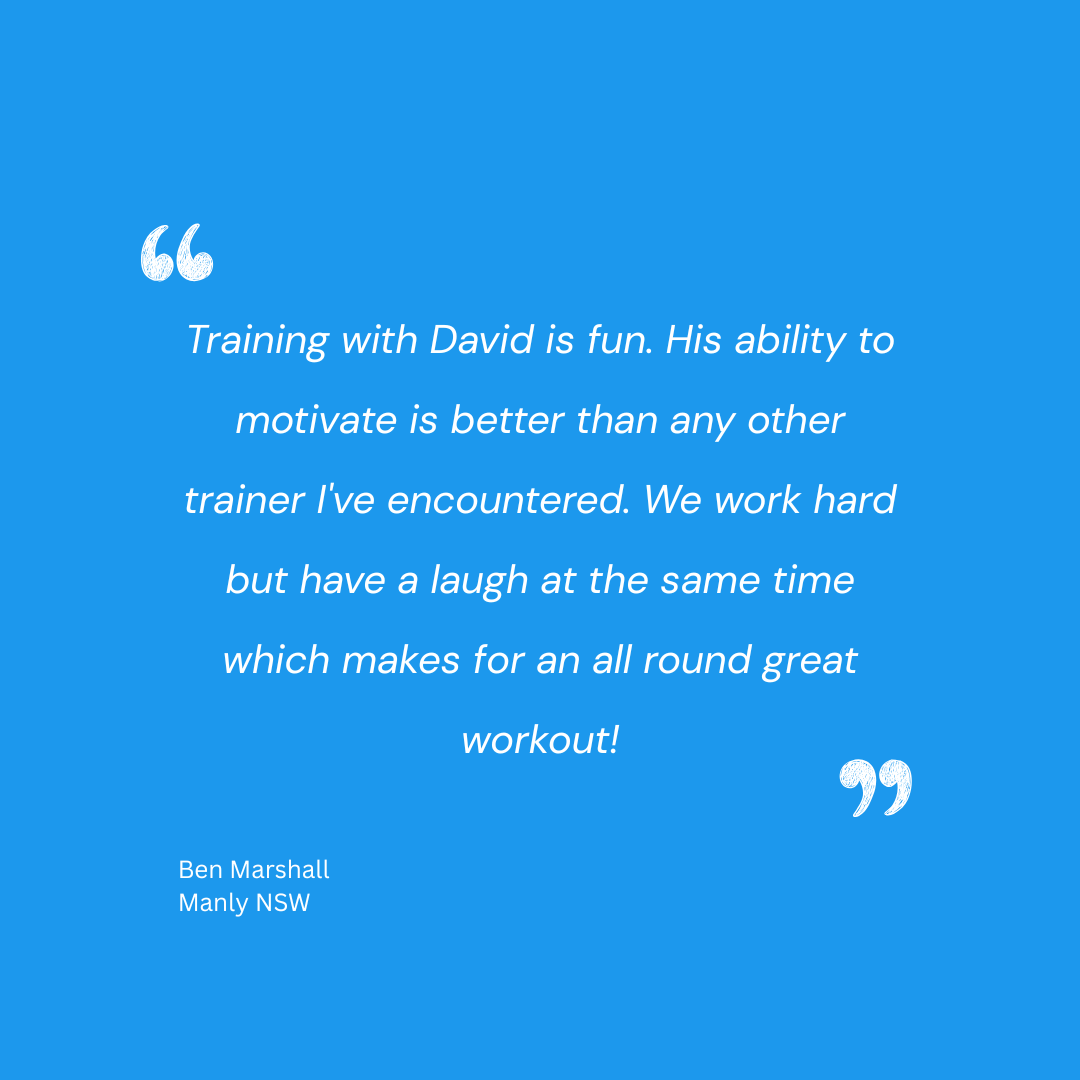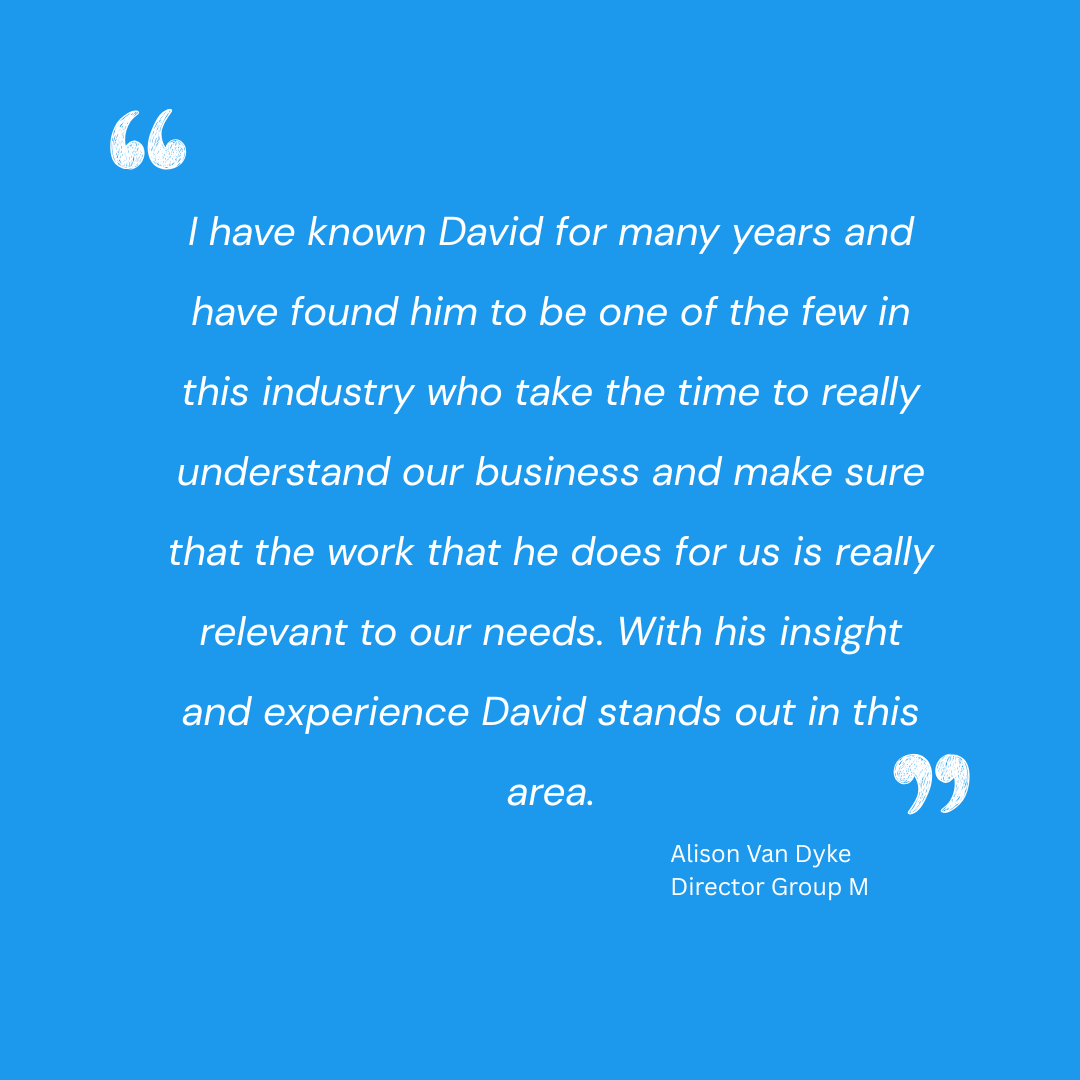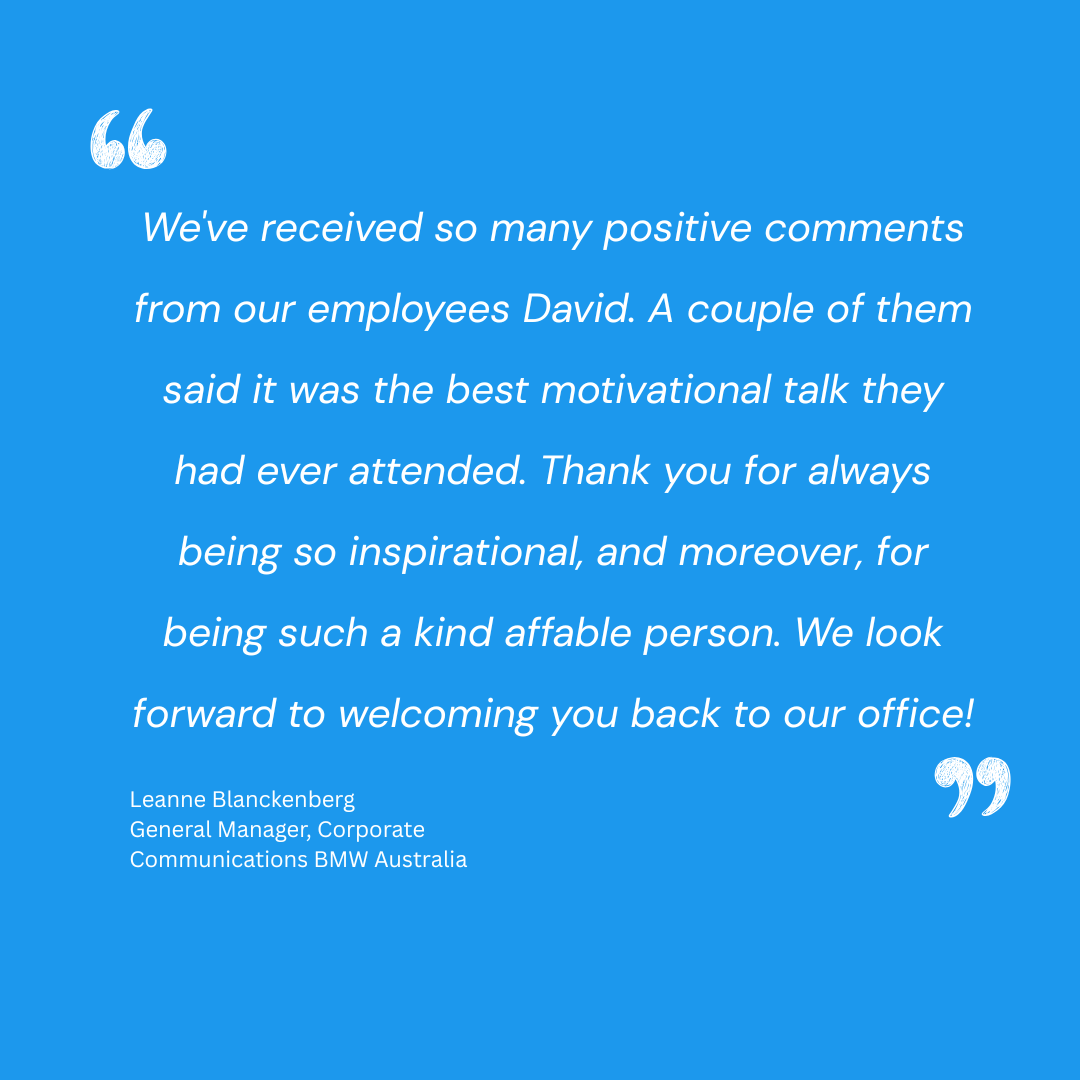How to Combat Mondayitis with One Simple Thought
Introducing: I Love Mondays 90-Days Challenge
Mondayitis meaning: the tired and apathetic feeling experienced by persons returning to work on a Monday after the weekend.
“Tell me why I don't like Mondays” was a popular song from the late 70’s early 80’s by Sir Bob Geldof’s group The Boomtown Rats. It reached number 1 in Australia at the time and although that was 43 years ago, most people in today’s workforce would be aware of the chorus.
As the days grow shorter and colder, I know that winter is just around the corner, and I recognise it was only a year ago that I wrote about how I stopped hating the arrival of the winter season.
“When you change the way you look at things, the things you look at change” Dr Wayne Dyer says and so in changing the way I looked at the arrival of winter, I now look forward to the cosy delights my chilly friend brings.
Not liking Mondays is not too dissimilar to not liking winter, because of negative thoughts associated to its arrival, but the major difference is, that there should be many more Mondays in your life than there will be winters..
The next major difference is that whilst you can’t control what winter brings with it, as it is seasonal, you can control what Monday brings with it by what you do with the other days of your week, in particular the weekend.
It is a Saturday morning as I write this and I'm two weeks into my 90 days of Love Mondays challenge. I only know it's Saturday because I can smell bacon in the air as I can every Saturday morning in my neighbourhood.
I started this challenge for many reasons one of which is that I'm writing a book so I can’t afford to miss one single day of writing and the other is that I'm very conscious of the fact that time, place, and imposed occasions can be working against us in the case of achieving the most important goals that we set for ourselves.
I am treating every day as a Monday, because usually Monday is the day of the week that we make the most promises to ourselves and others to get things done. A fresh start perhaps?
I think Mondayitis would be better called “Monday-I-just”
MondayIjust would be symptomatic of “SundayIjust” because on Sunday I just slept in because of “SaturdayIjust” because on Saturday I just drank too much. “FridayIjust” is such because on Friday I just had a long lunch and I just knocked off early to start boozing early. And “WednesdayIjust” is because on Wednesday I just broke all my promises for the week because it is hump day and .. I think I just made my point. Or have I?
When one of my clients told me he had eaten half a dozen hot cross buns over Easter, I asked him if he usually ate raisin toast for breakfast, to which his answer was of course “No. Never” he wasn't even particularly fond of hot cross buns for that matter.
I'm all for tradition and I'm all for the celebrations of the seasons. My point is, if you really must join in the festivities; drink from the well, don't drain it dry. Have ONE hot cross bun, not half a dozen, enjoy a row of chocolate, not 3 Lindt bunnies….
Back to loving Monday.
While you may not come across Mondayitis in medical textbooks, researchers have revealed that heart dysfunction is, in fact, most common on Mondays.
Heart dysfunction, or an adverse cardiac event, includes chest pain (angina pectoris), heart attack (myocardial infarction), and irregular or abnormal heart rhythm (arrhythmia).
Researchers found that, in addition to Mondays, adverse cardiac events are most common during winter, the middle of the morning, earthquakes, hurricanes or other natural disasters and terrorist attacks.
All these events are understandably stressful and again, most of them are out of our control.
Stress, I believe, is determined by the degree to which you feel in control or out of control of your life.
The rise in adverse cardiac events in the morning has been attributed to the sympathetic nervous system which activates the “fight or flight” response. The “fight or flight” response, which includes pupil dilation, increased sweating, increased heart rate, and increased blood pressure, takes place as soon as we get out of bed in the morning. More so on a Monday morning than any other day of the week.
So how do I start loving Mondays to combat Mondayitis?
Prevention is better than cure. Avoid stress.
As the Radiohead song goes...
“You do it to yourself, you do
And that's what really hurts
You do it to yourself, just you
You and no one else..”
By practicing 90 days of Love Mondays your sleep cycle won’t be interrupted as every day is an early rise with big promises for the day. There are no weekend hangovers; most people don’t usually tie one on of a Monday night; Mondays are usually AFD’s (alcohol free days) for most, as opposed to Friday nights which are more like DFA’s (drinking for Australia) for many and you won’t be eating for Australia at any social or family gatherings, as you will be committed to your 90-day goal.
At the commencement of "90 Days of Mondays" you will have set your goals in the areas of Mental, Physical, Spiritual, Social, Financial and Family. You will also have planned ahead and be armed with what to do in each situation where you feel your plans will be scuppered.
The 90 Days of Love Mondays Program is designed to help anyone kick start a new beginning whether it's writing a book, starting a new business or shredding for the wedding. This program shifts the way you perceive your days of the week, and the best version of yourself that you have typically reserved for Mondays only, will be the only version of your self for 90 Days. You know, the one that wakes up early, goes to the gym, eats clean, gets through the to-do list and is excited about their plans for the future.
The 90 Days of Mondays program will cure Mondayitis and make you unstoppable.
Do Monday Well.
DL
If you have some short term goals that you want to achieve or need to kick start a new beginning in your life, reach out to learn how my 90 Days of Mondays Program can be adapted to your needs. Book some time in with me here, or drop me a note on email.
Don’t keep this to yourself. Spread the word.


